Wondering how to plan for an unexpected leadership transition or absence? Check out these succession plans developed by several member councils.
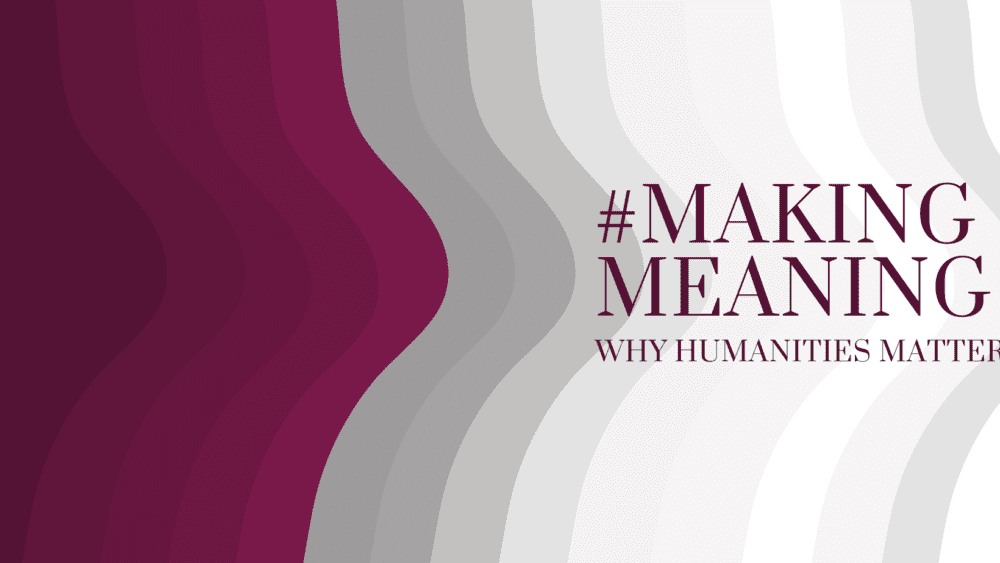
Federation Launches First-ever Podcast, Making Meaning: Why Humanities Matter
This six-episode season is about the role the humanities have played during the pandemic and in our recovery across the greater United States. Each episode balances two interviews: one that tells a story from a public humanities program about a specific topic and another that takes a broad-ranging look at it with a humanities leader.

Making Meaning Episode 4: By the Book: Connecting Rural Communities
Jenny De Groot, a children’s librarian on Orcas Island in the Pacific Northwest, reads some of her favorite books while sharing how her remote community found ways to connect during the pandemic. Dr. Chuck Fluharty, founder, President, and CEO of the Rural Policy Research Institute (RUPRI), explores the future of rural and urban communities through a public humanities lens.

Why Civics Matters: Who is Involved?
Civic engagement itself takes many forms across communities, and one of the most recognizable acts of civic engagement is voting. The right to vote has historically fallen along lines of identity. Take the Voting Rights Act of 1965, for instance, which prohibited discrimination in voting based on race—that’s only been in place for 56 years of our country’s history.
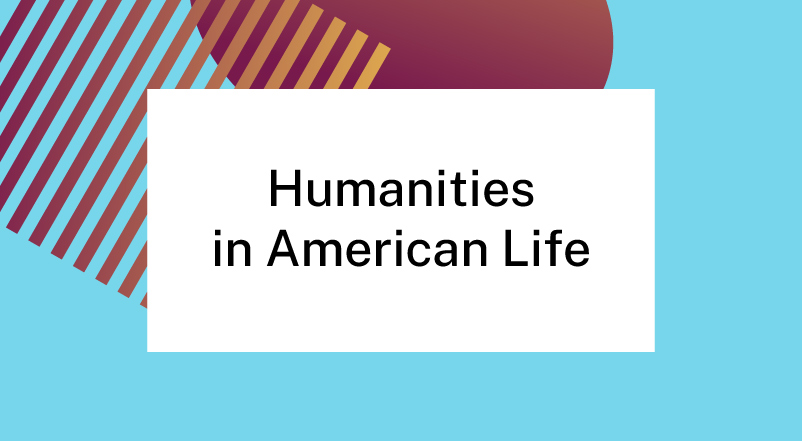
Donuts Ask Big Questions Too: Humanities Washington’s Cabin Fever Kids
“His parents wanted him to accept who he was—a zombie,” the narrator says, “And zombies don’t eat veggies.” Afterward, you can turn back to the Cabin Fever Kids collection, where there are thoughtful questions for readers to ask about Mauricio’s dilemma, like “How are you different from or the same as your family?” Read about Humanities Washington’s “Cabin Fever Kids” program.

FSHC Awards Four Schwartz Prizes for Outstanding Humanities Public Programming
Winning council programs were selected in two categories and included California Humanities, Humanities Texas, Vermont Humanities, and Humanities Washington

Join Veteran Advocates for This Pre-Humanities on the Hill Webinar
Call with take place on Friday, February 14, at 2:00 pm EST. Call-in details inside.
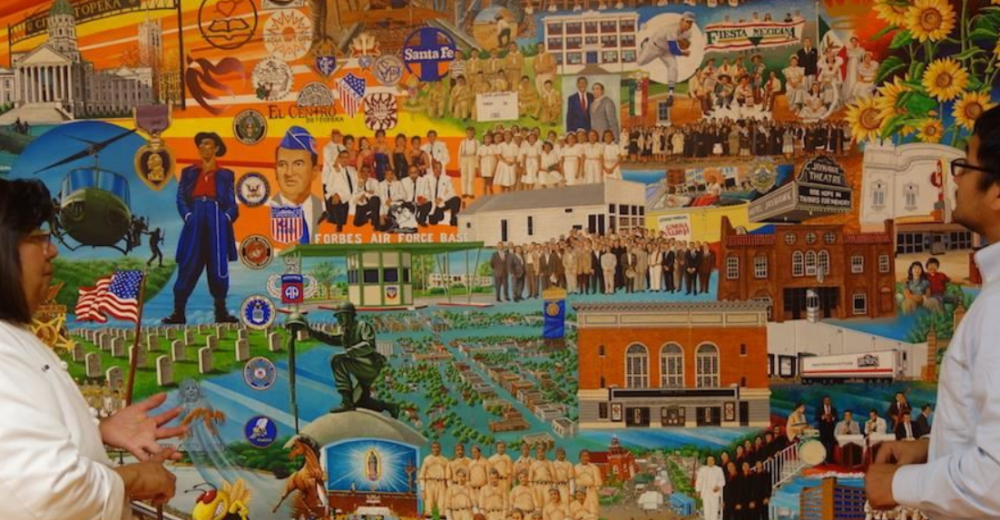
September is Hispanic Heritage Month
In honor of Hispanic Heritage month, learn about the experiences, contributions, cultures, and histories of the Hispanic community in the United States through a variety of public humanities programs hosted by or conducted by the state humanities council community.
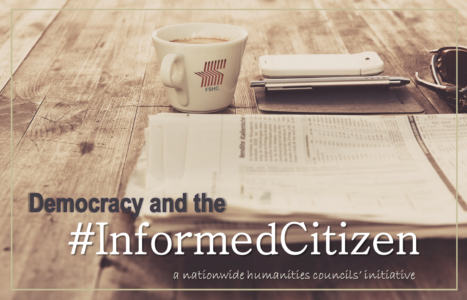
Councils Kick Off Democracy and the Informed Citizen Programs in 2018
In partnership with The Pulitzer Prizes and supported by a grant from The Andrew W. Mellon Foundation, forty-nine councils will launch hundreds of programs and events exploring the importance of being an informed citizen and what that means in today’s society.
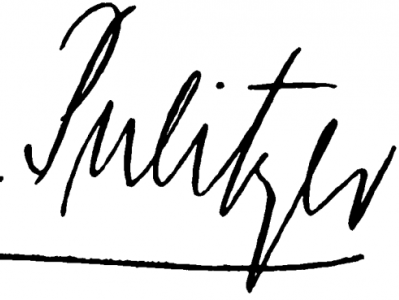
Pulitzer Prizes Council Campfires Events Heat Up In October
More than 30 events are occurring in October, making it one of the busiest in terms of council Campfires programming. These programs include festivals, poetry celebrations, distinguished lectures, and reading and writing workshops.
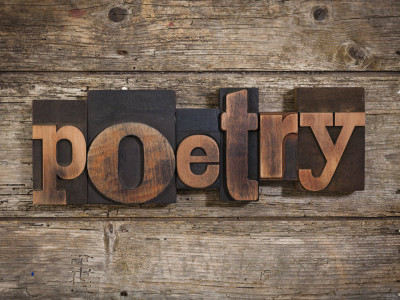
April is National Poetry Month and Councils are Celebrating
See what councils across the country are doing to celebrate poetry!

March Pulitzer Campfires Council Programming
From mountain sports, adventure journalism, war, political cartoons, incarceration and poetry, to reading, discussion, listening and understanding, council programs touch upon a diverse set of topics for this month’s Pulitzer Campfires programming.
